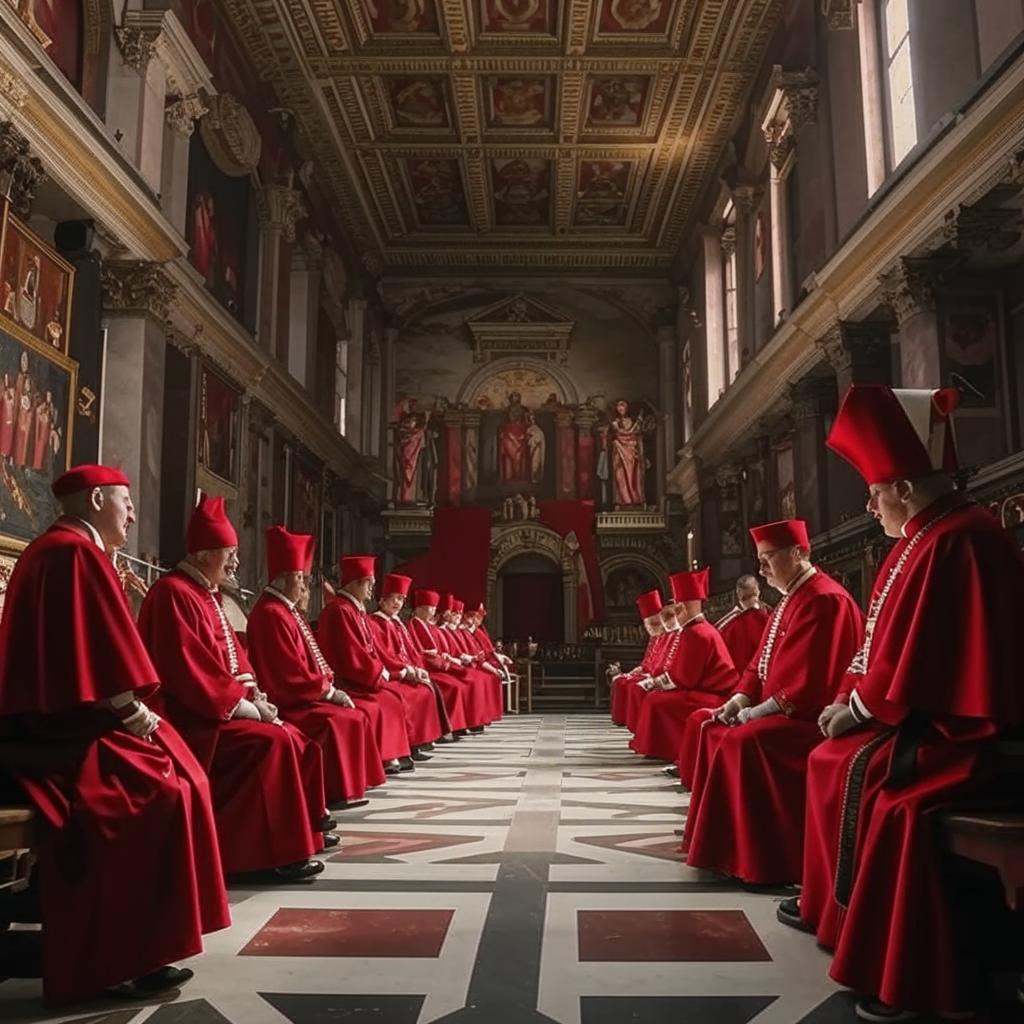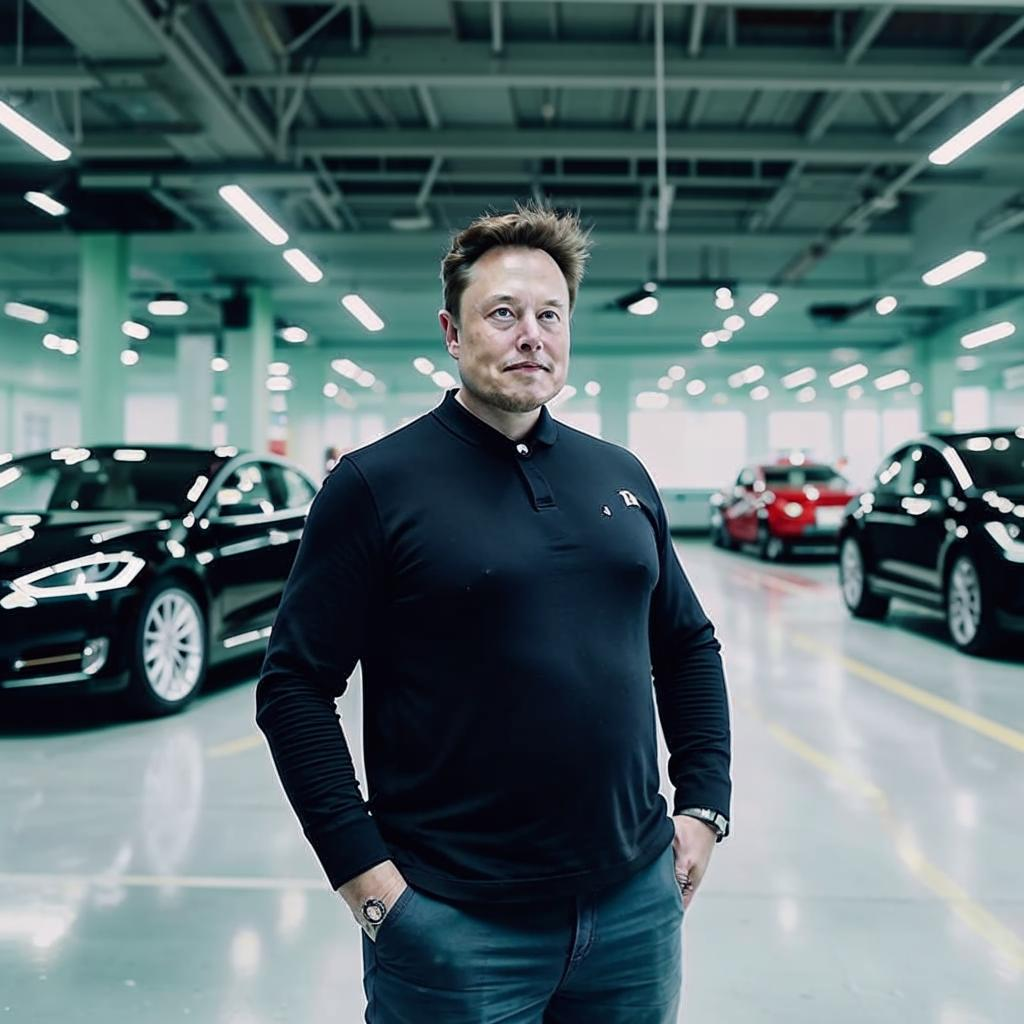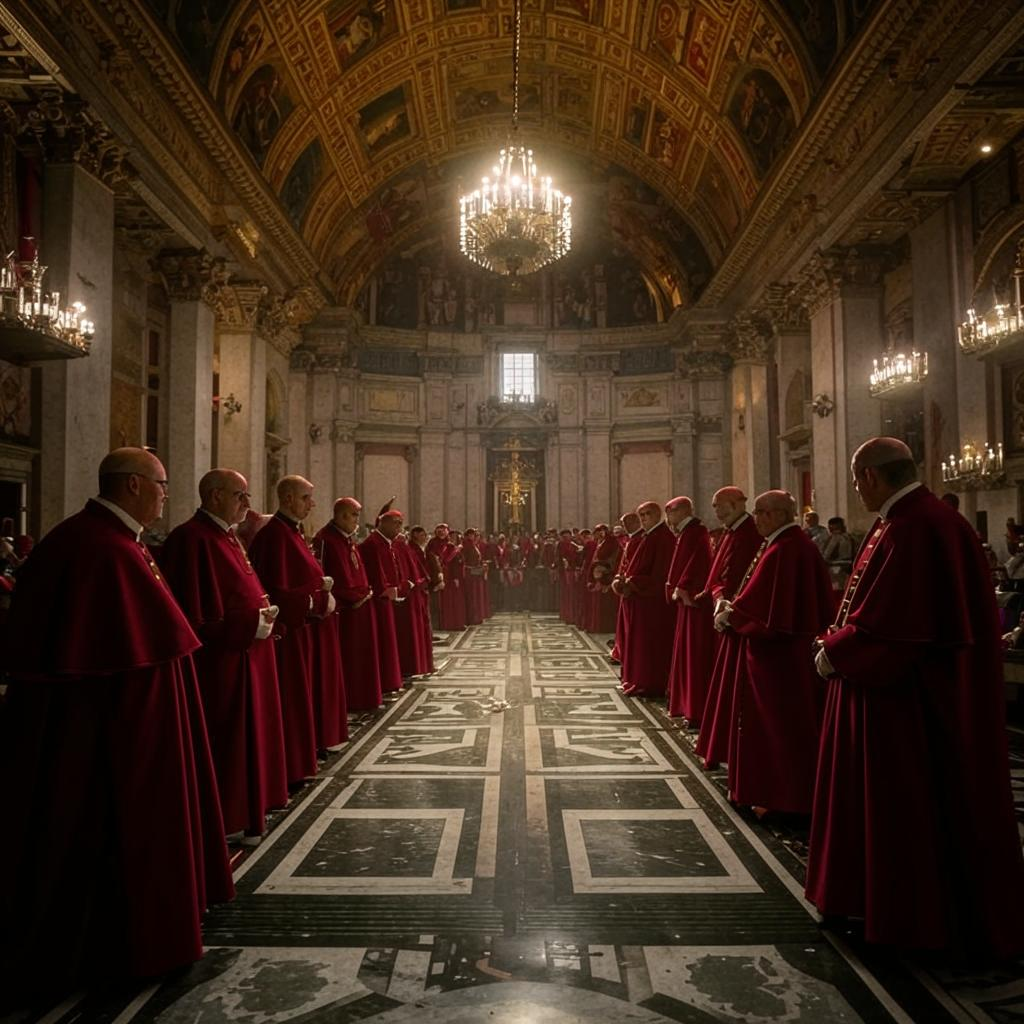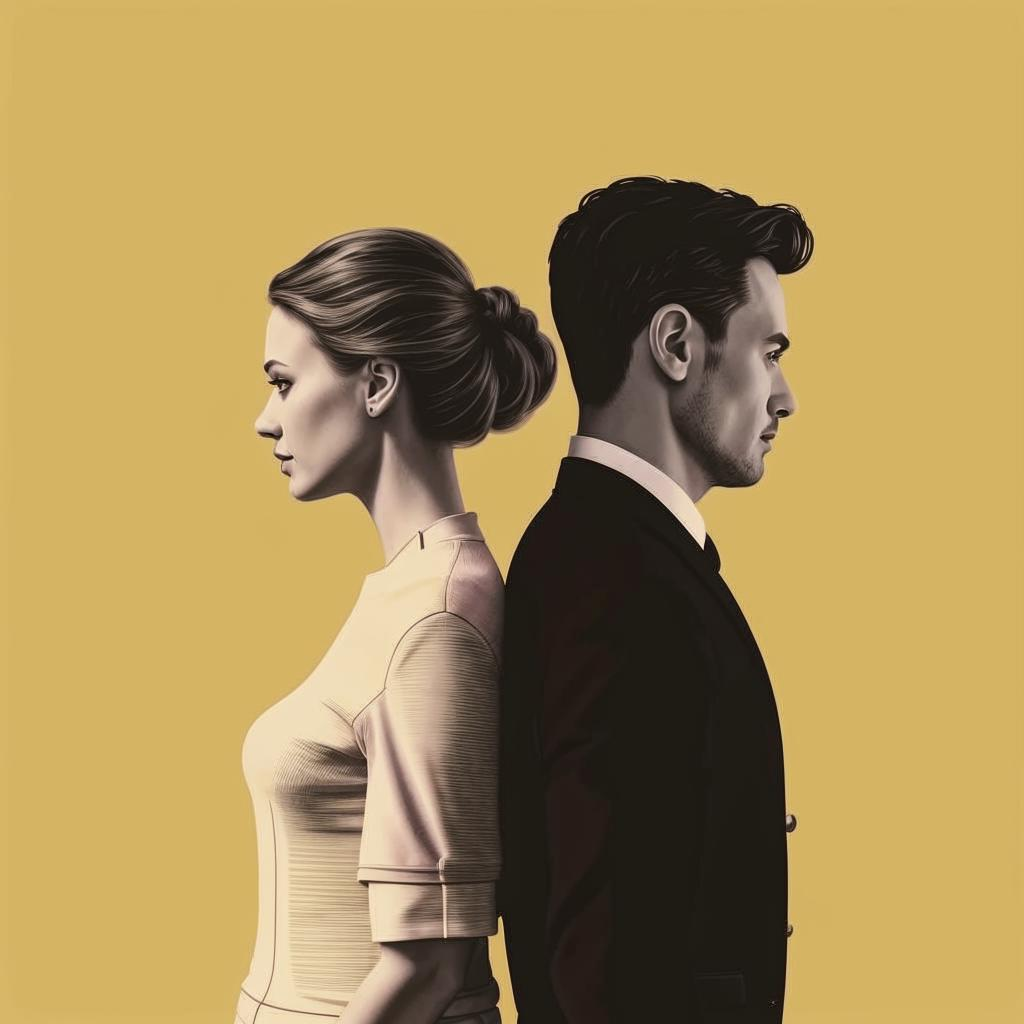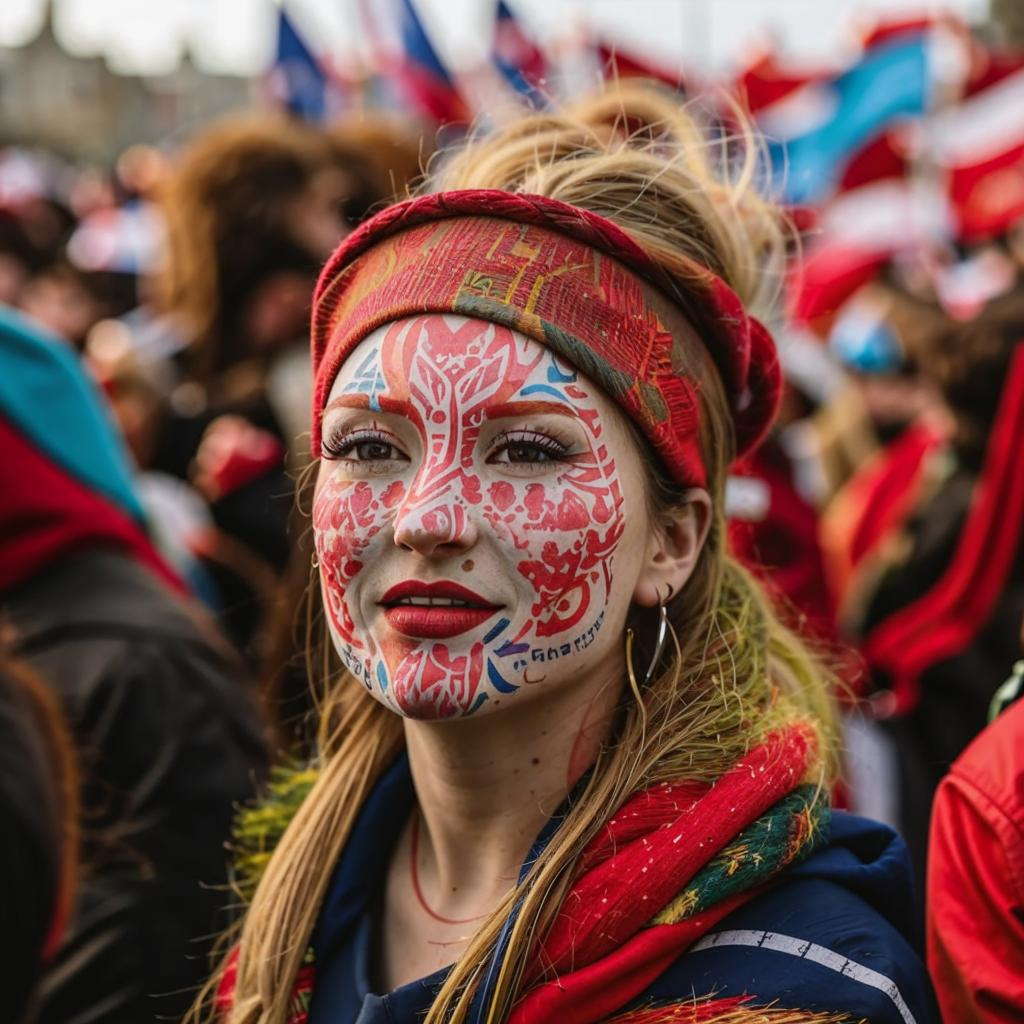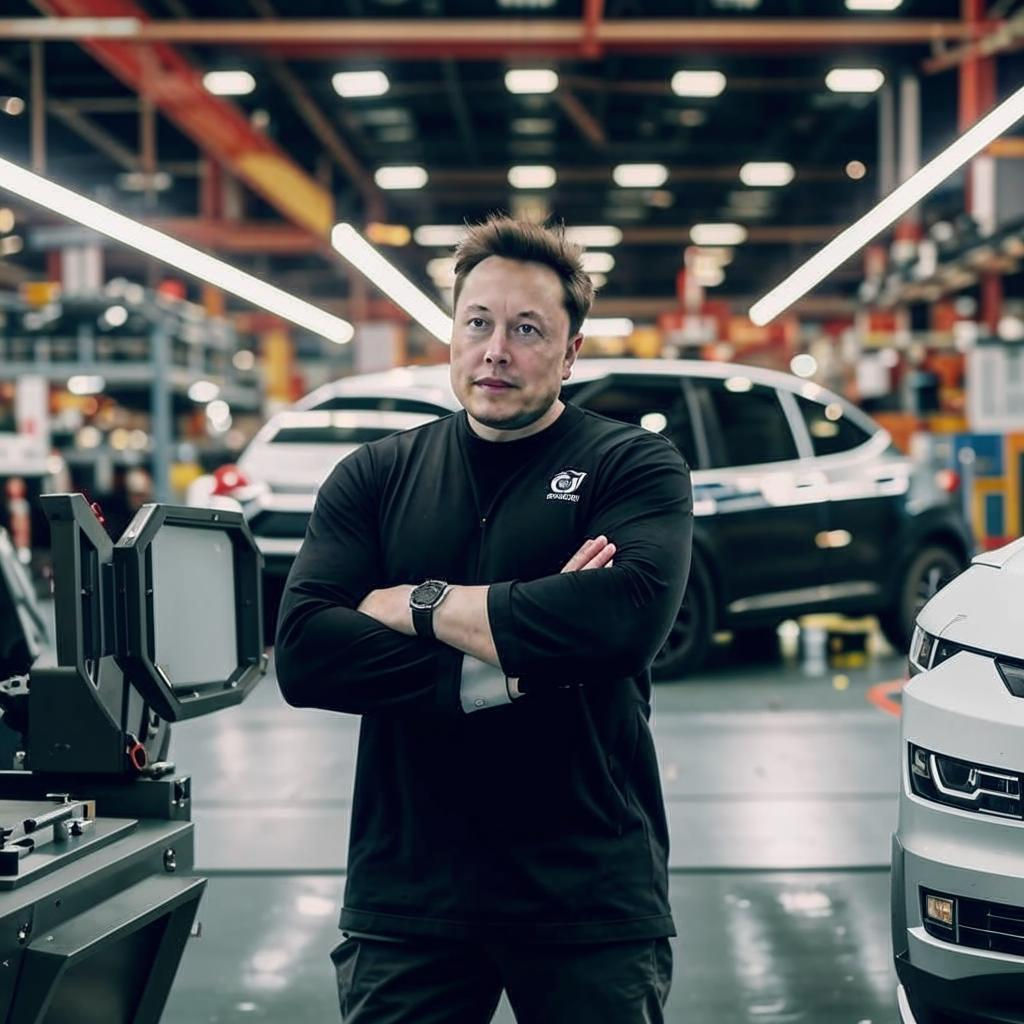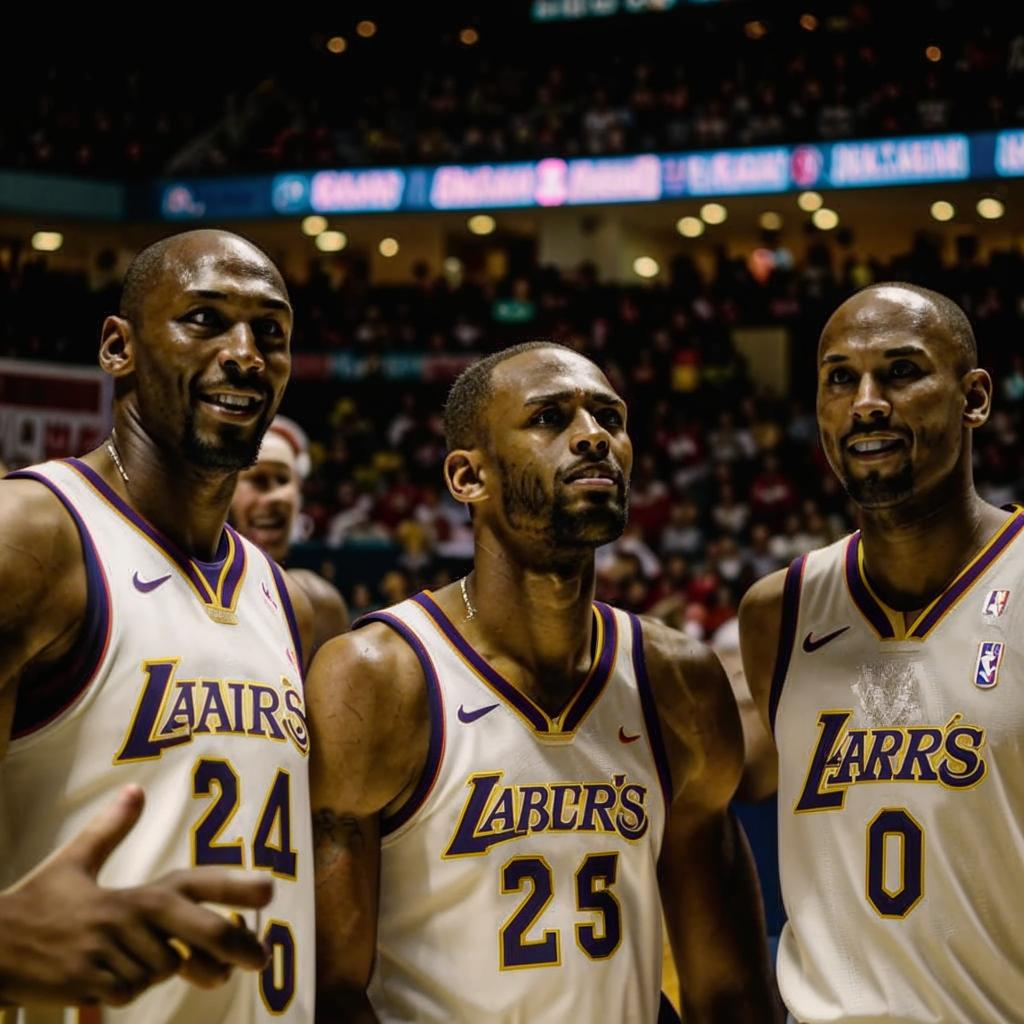Cardinals gather to determine the future direction of the Catholic Church following Pope Francis’s pontificate. The central question facing the College of Cardinals is whether to continue the reforms and progressive initiatives undertaken by Pope Francis or to chart a new course, potentially returning to more traditional doctrines and practices.
Pope Francis’s tenure has been marked by a focus on social justice issues, environmental concerns, and a more inclusive approach to marginalized communities. These changes have resonated with many Catholics worldwide but have also sparked resistance from conservative factions within the Church.
As the conclave approaches, various factions within the College of Cardinals are vying for influence. Cardinals seen as aligned with Pope Francis’s vision are advocating for a continuation of his policies, emphasizing the need for the Church to remain relevant in a rapidly changing world. They argue that the Church must address issues such as poverty, inequality, and climate change to maintain its moral authority.
Conversely, other cardinals express concerns that Pope Francis’s reforms have diluted traditional Catholic teachings and weakened the Church’s stance on key moral issues. They advocate for a return to a more conservative approach, emphasizing the importance of upholding traditional doctrines and liturgical practices. These cardinals believe that the Church should focus on strengthening its core identity and reaffirming its traditional values.
The outcome of the conclave remains uncertain, with various potential candidates emerging as frontrunners. The next Pope will face the daunting task of uniting a divided Church and navigating the complex challenges of the 21st century. The choice they make will have profound implications for the future of Catholicism and its role in the world. The debates are vigorous.
